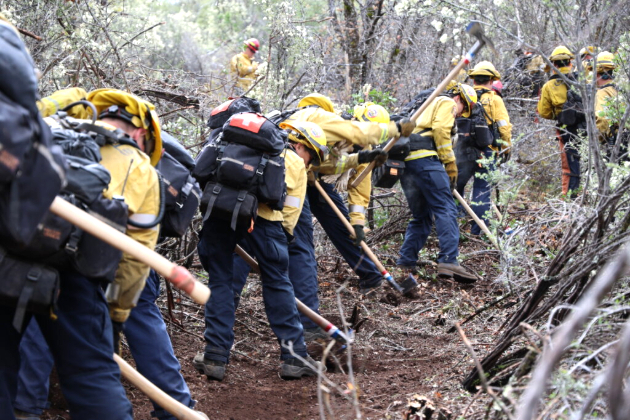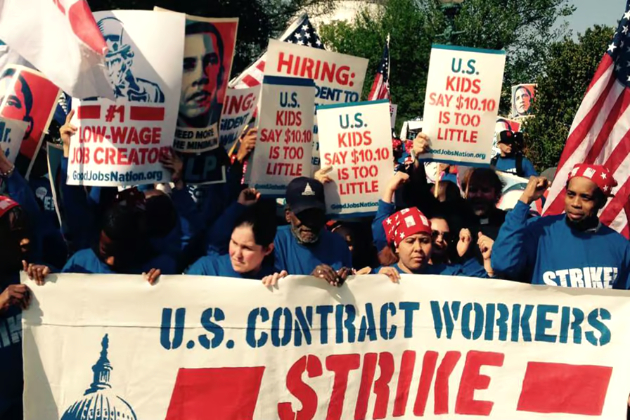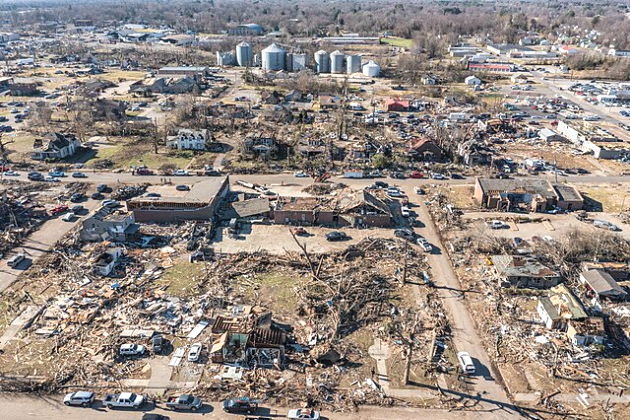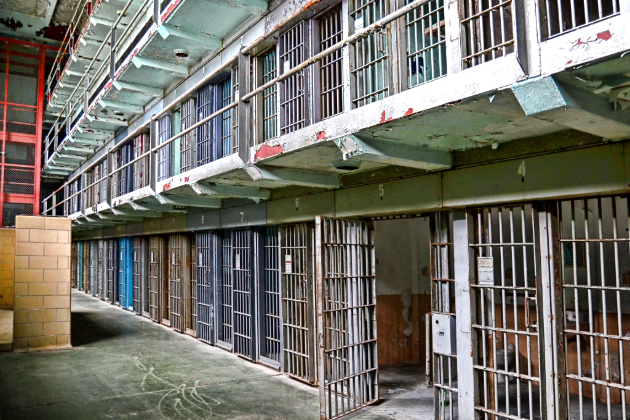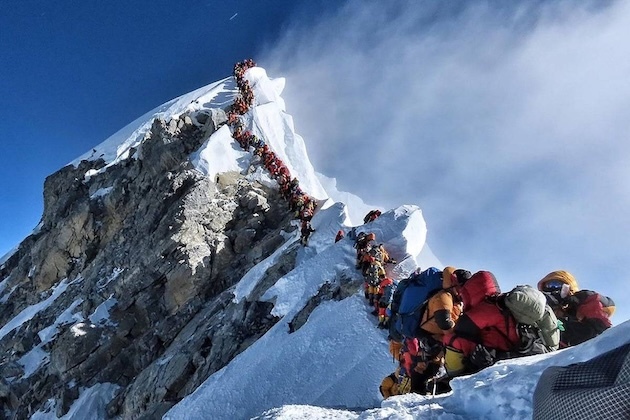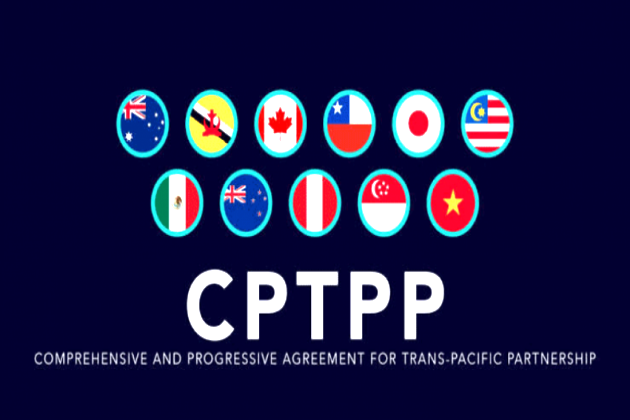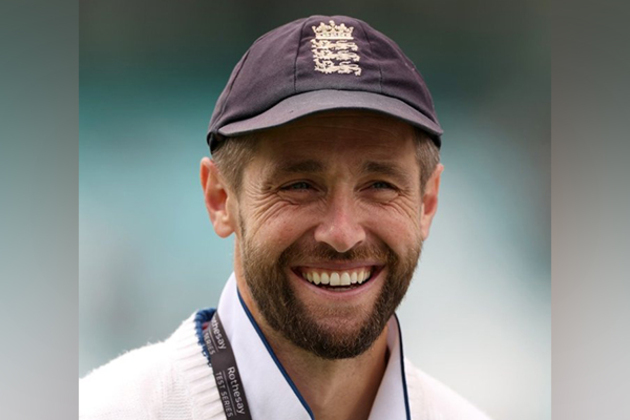Playing the crime card: do law and order campaigns win votes in Australia?
The Conversation
21 May 2025, 20:21 GMT+10
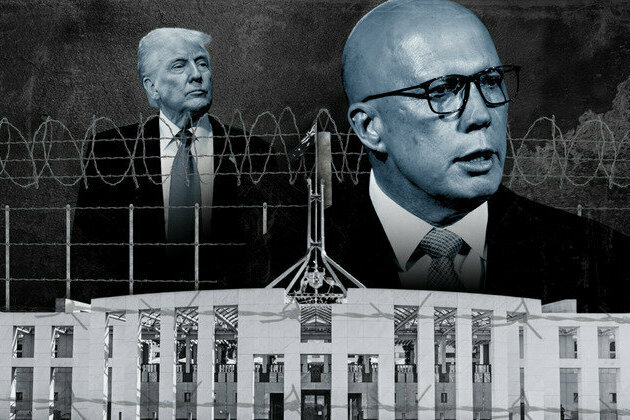
Crime and public safety are usually the domain of state politics. But the Coalition tried to elevate them as key issues for voters in the recent federal election.
Claiming crime had been "allowed to fester" under Labor, the opposition promised a A$750 million Operation Safer Communities plan, which included police strike teams targeting drugs, a national child sex offender register, and more money for Neighbourhood Watch.
A Coalition government would also have given grants to community groups to install public lighting, bollards and CCTV cameras.
But in the end, crime did not appear to be a deciding factor in the election, which was easily won by Labor.
What does that tell us about leveraging public fear - either existing crime fears and general anxieties, or latent concerns that can be triggered - for political gain in Australia? Can it be a successful strategy?
In culturally diverse countries, such as Australia and the United States, law and order rhetoric sometimes calls for supporting aggressive crime policies at the expense of racial and ethnic minorities, many of whom are immigrants.
These policies can be effective in stoking public fear to win votes. US President Donald Trump's exhortations on immigration and crime were a significant part of his election campaigns in 2016 and 2024.
However, what experts call "protective factors", such as strong communities and social cohesion, are important. They can reduce the influence of political narratives that try to define crime in narrowly punitive or racialised terms.
Our peer-reviewed research, which will be published in the Journal of Criminology, investigated how public concerns about crime and safety in Australia and the US were associated with demographic factors that evolved over time. The study drew on data from the World Values Survey and indicated key differences in what makes Australians and Americans feel unsafe.
We have found that in Australia in 2018, supporters of left-leaning parties (Labor/Green) reported feeling significantly safer than other voters. However, this gap disappeared when researchers took into account attitudes that blame crime problems on immigrants. This suggests immigrant-blaming in Australia can drive feelings of community fear and insecurity.
The World Values Survey uncovered a different pattern in the US.
Between 2011 and 2017, Republican voters reported feeling safer than other Americans - the opposite of Australia's trend. The political divide in the US couldn't be explained by immigrant-blaming attitudes. Rather, it was attributed to the "self-isolation" of American conservatives in more culturally homogeneous communities.
Our study indicated that while immigration continued to influence safety perceptions in the US, it appeared to operate through different mechanisms than in Australia. Racial and ethnic minorities reported greater fear as the 2010s unfolded.
Social connectedness also plays differently in each country. In Australia, trust in others and confidence in public institutions consistently influences safety perceptions. In the US, these factors have little impact.
Social scientists have observed that in modern societies, responsibility for personal safety has increasingly shifted from the government to individuals. This trend is strong in the US, where market-focused, neoliberal economic and social policies dominate policies.
By contrast, European research suggests stronger social welfare systems can reduce safety concerns by addressing underlying economic anxieties. Australia's more robust social support appears to foster greater feelings of safety.
Our research indicates social cohesion further helps reduce fear.
Electoral strategies that seek to leverage public insecurities need to be understood in the context of these fear-mitigating factors. Media diversity can also counter fear-based messaging.
In the 2018 Victorian election, crime became a prominent political issue through racialised commentary targeting "African gangs". However, it failed to gain decisive political traction.
Research found fear of crime was relatively rare in Victoria. Media reports of crime and comments by political leaders were distant from their own experiences
With more diverse news sources and online platforms, political actors can no longer promote narratives unopposed. Fear-based messaging can backfire, especially when it overreaches.
Perceptions of crime are often shaped by a combination of actual crime rates and broader anxieties about social change, cultural difference, and uncertainty. This is frequently expressed as unease about the increasing presence of culturally diverse groups.
While the coalition's pivot to law-and-order rhetoric represented a familiar strategy, Labor positioned itself as the party of unity. This was underscored by Foreign Minister Penny Wong's declaration after Labor won the election, in which she acknowledged
[...] the power in our 26 million people from more than 300 ancestries [...] from the oldest continuing civilisation on the planet and I acknowledge the traditional owners. Friends, we love this country.
While harnessing fears of crime and cultural diversity was not effective in this election cycle, this is not the end of law and order politics. But the unique characteristics of this election appear to have rendered the formula less potent.
Trump's threat to democracy and the constitutional rule of law in the US may have fostered a sense of solidarity and social cohesion among Australian voters. Our research suggests this helped to mitigate fears about crime.
The temptation to capitalise on law and order may continue to appeal to politicians. But in Australia, at least, there is no guarantee it will work.
 Share
Share
 Tweet
Tweet
 Share
Share
 Flip
Flip
 Email
Email
Watch latest videos
Subscribe and Follow
Get a daily dose of Australian Herald news through our daily email, its complimentary and keeps you fully up to date with world and business news as well.
News RELEASES
Publish news of your business, community or sports group, personnel appointments, major event and more by submitting a news release to Australian Herald.
More InformationInternational
SectionSouthern California Edison targets grid safety in wildfire strategy
ROSEMEAD, California: Southern California Edison (SCE) has outlined a US$6.2 billion wildfire mitigation plan aimed at reducing fire...
Appeals court clears Trump’s rollback plan for worker protections
WASHINGTON, D.C.: A federal appeals court recently lifted a block that had stopped President Donald Trump's administration from removing...
Tornadoes kill 25 in Kentucky and Missouri after fierce spring storm
LEXINGTON, St. LOUIS: A strong spring storm caused tornadoes overnight in the U.S. Midwest and Ohio River Valley, killing at least...
Charges dropped, but US scholar still held in Thailand
BANGKOK, Thailand: An American political science teacher, Paul Chambers, is still stuck in Thailand, even though the government dropped...
Judge strips NYC of control over Rikers jail, cites rising violence
NEW YORK CITY, New York: A federal judge has decided to take control of New York's Rikers Island jail away from city officials due...
Two climbers, from India and Philippines die on Everest
KATHMANDU, Nepal: An Indian climber and a Filipino climber were the first to die on Mount Everest during the current climbing season...
Sydney
SectionRussia imprisons Australian for 13 years over fighting for Ukraine
MOSCOW, Russia: Russia has sentenced a 33-year-old Australian man to 13 years in a high-security prison for fighting with Ukrainian...
Sweden backs EU entry into Pacific trade bloc
STOCKHOLM, Sweden: Sweden plans to propose that the European Union join the Pacific Rim trading bloc, the CPTPP, aiming to create the...
Woakes to mark his comeback in England Lions against India A; Rocky Flintoff named in 15-player squad
London [UK], May 22 (ANI): Chris Woakes is set to test his fitness before the five high-stakes Tests against India in the upcoming...
Rebel Wilson responds to 'The Deb' controversy
Washington [US], May 21 (ANI): Actress Rebel Wilson cleared the air after social media posts about 'The Deb' made headlines amid the...
Playing the crime card: do law and order campaigns win votes in Australia?
Crime and public safety are usually the domain of state politics. But the Coalition tried to elevate them as key issues for voters...
From analysing data to discipline: Inside the minds of India's fantasy gaming professional traders
New Delhi [India], May 21 (ANI): Fantasy sports trading in India is experiencing a sharp ascent, not merely as entertainment, but as...

